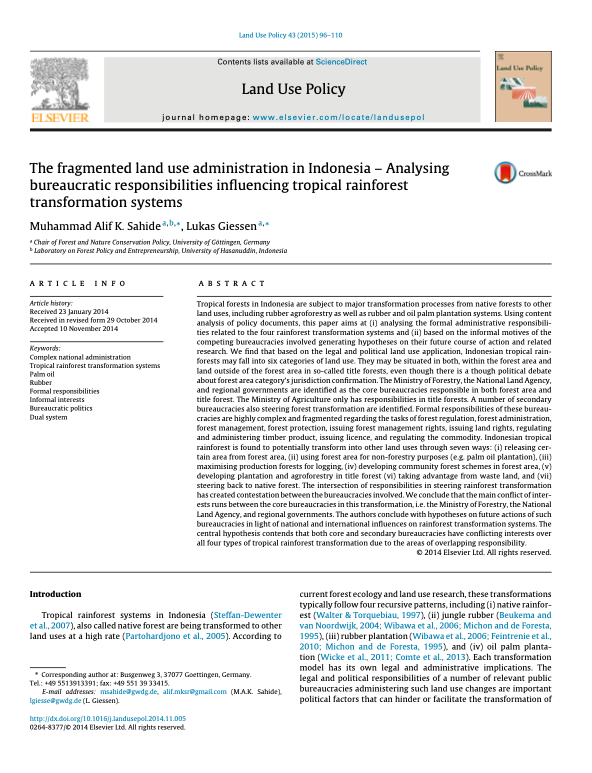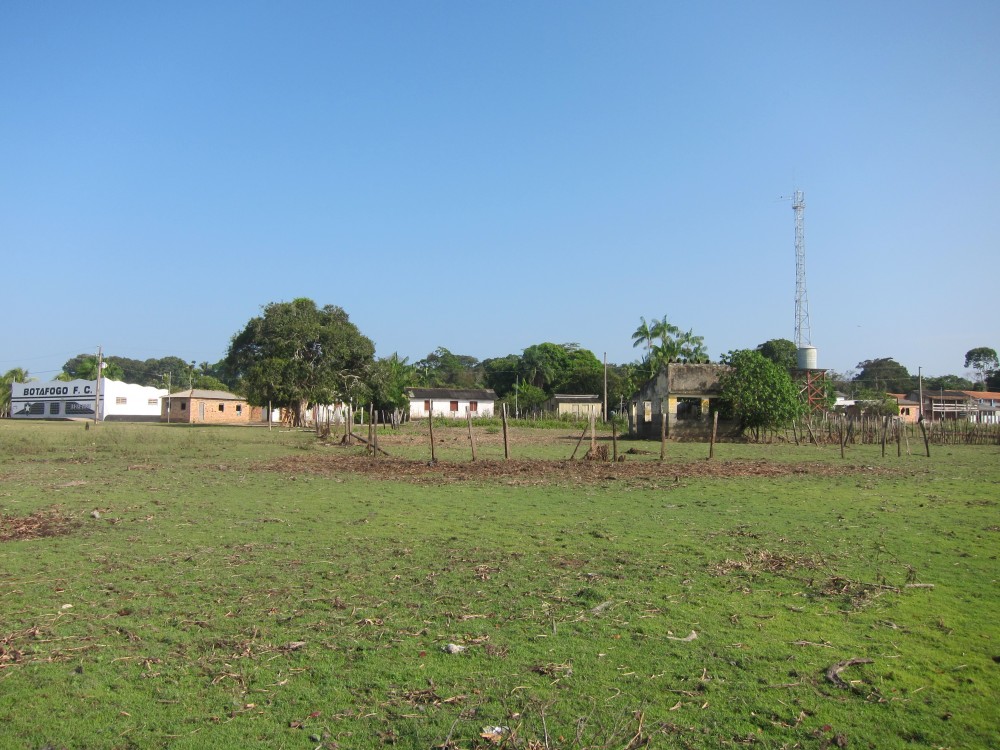Gender implications of agricultural commercialisation: The case of sugarcane production in Kilombero District, Tanzania
Since the global food crisis of 2008 the Tanzanian government has made food security through increases in agricultural productivity a policy priority. The emphasis is on commercialisation, with a particular focus on large-scale rice and sugarcane production. Gender equity within African agricultural production is a critical issue; yet limited empirical research exists on the gender implications of agricultural commercialisation now taking place in the region. Presents findings from fieldwork in Kilombero District in 2013-14.







